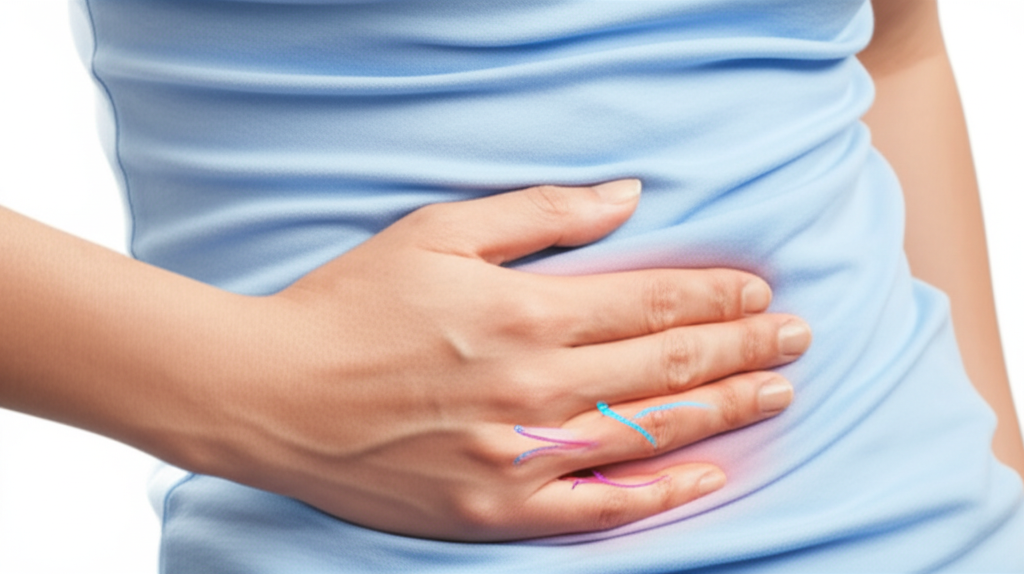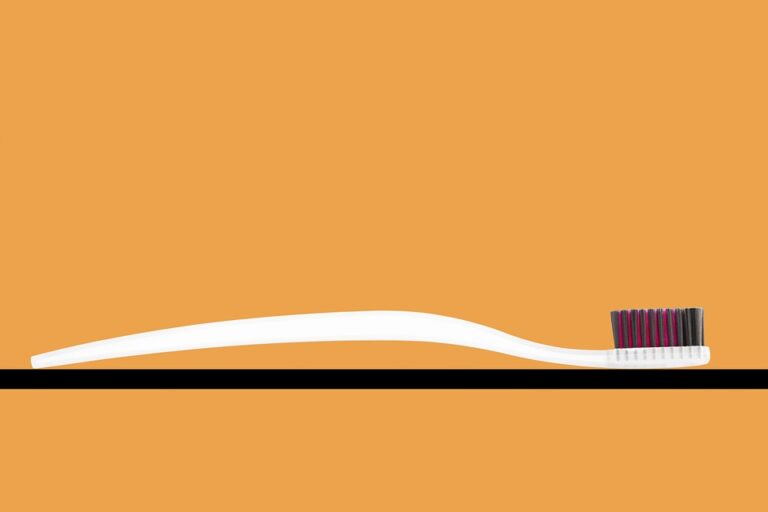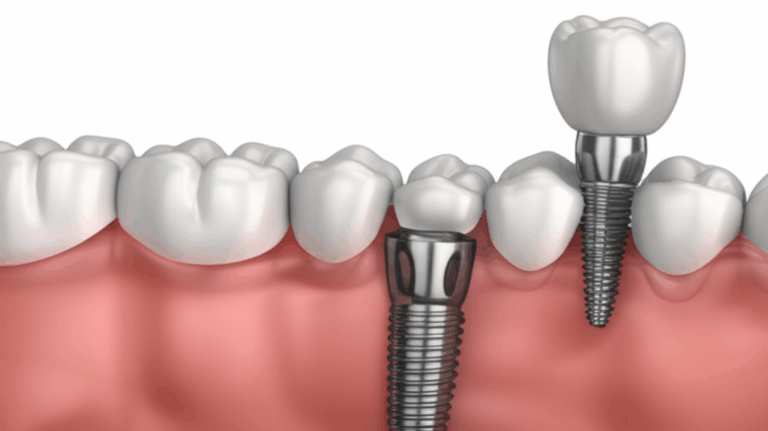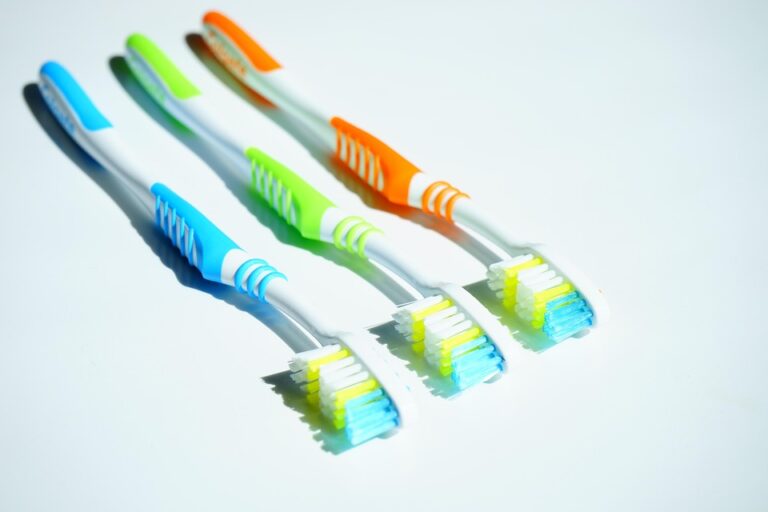
Can Dental Problems Cause Digestive Problems? Unpacking the Oral-Gut Link
That annoying toothache, sore gums, or the weird feeling of fake teeth that don’t fit right—if you’ve ever wondered if these mouth troubles are doing more than just hurting your smile, you’re not alone. A lot of people notice that when their teeth and gums feel bad, their stomach or digestion feels off, too. So, can problems with your teeth or gums actually lead to tummy troubles or upset guts? The answer might surprise you.
Let’s shine a light on this not-so-obvious connection. There’s a lot more happening between your mouth and your stomach than you may think, and knowing about this link could change the way you care for both.
Table of Contents
- The Mouth and Gut Are Closely Linked
- How Dental Problems Affect Digestion
- Dental Issues That Can Lead to Stomach Problems
- Digestive Problems Linked to Oral Health
- How to Tell If Your Gut Trouble Comes from Your Teeth
- How to Help: Prevention and Simple Fixes
- When You Should Get Professional Help
- In Short: Mouth Health and Tummy Health Go Together
The Mouth and Gut Are Closely Linked
Let’s get straight to it: Can dental problems cause digestive problems? Yes, they can. Your mouth is the start of your digestive system—the front door that starts the whole process.
This connection is called the “oral-gut axis.” It’s a bit like a factory line. If something goes wrong at the start, problems can pop up farther down. Bad teeth, gum disease, or even not chewing properly can set off a series of troubles that affect not just your gut but your whole body.
How Dental Problems Affect Digestion
It might sound strange at first. How can a problem in your mouth mess up your stomach or intestines? In truth, there are a few simple ways this happens.
Trouble Chewing (Not Breaking Up Food Well)
Think of a blender with dull blades—that’s your mouth when you have missing teeth, sore teeth, or fake teeth that don’t fit. You can’t chew food well, so you swallow bigger bites than your body wants.
Later:
- Your stomach has to do extra work to chop up those big pieces.
- You might feel bloated, get heartburn, or even not take in enough nutrients.
- Chewing well is extra important for getting good stuff from fruits, veggies, and grains.
Bad Bacteria from the Mouth Entering the Gut
Your mouth has hundreds of kinds of bacteria. Some are good; some are not so good. If you have gum disease or cavities, bad bacteria can “travel” to your stomach every time you swallow.
These bacteria can mess up the good bacteria in your gut. This mix-up, called “dysbiosis,” can cause gas, weird poops, and even gut swelling.
Swelling in the Body
Infections in your mouth don’t just stay there. They let out stuff into your blood that can cause swelling in other places. Over time, this can weaken how your whole body’s defense system works—including your stomach and gut.
People with long-lasting gum disease often have more swelling and might get more stomach or bowel trouble, like IBS or IBD.
Missing Nutrients from Food Choices
If you have mouth pain, you usually stay away from foods that are crunchy or hard to chew—like apples, carrots, and salad. You end up picking soft or mushy foods, which aren’t always healthy. After time, you miss out on fiber and vitamins, and your digestion gets worse.
It might not sound like a big deal, but if this goes on, the effect adds up. Good teeth mean good food, and good food keeps your insides in shape.
Pain, Worry, and Medicine Side Effects
Mouth pain is more than annoying—it changes how you eat, makes you skip meals, and can stress you out. Pain and stress can bother your stomach, too, and may make you not want to eat.
Also, some medicines for tooth infections, like antibiotics, can kill both bad mouth germs and the helpful gut bacteria you need.
Dental Issues That Can Lead to Stomach Problems
Let’s name some mouth troubles that are known for causing tummy troubles.
Gum Disease (Sore or Bleeding Gums)
Gum disease isn’t just about gums hurting. The germs that cause it can move into your blood and even live in your belly, making swelling worse and mixing up your digestion.
Studies show people with gum disease are more likely to have trouble with their bowels (like Crohn’s or colitis).
Missing Teeth or Bad-Fitting False Teeth
Losing teeth isn’t just about looks. Not being able to chew right means your stomach never gets the right start. People who lose a lot of teeth eat way less fiber, get fewer nutrients, and have more problems with upset stomach and constipation.
Bad-fitting false teeth aren’t much better. They can make it hard to chew, lower your spit, and even make swallowing harder—leading to more acid reflux or stomach pain.
Cavities, Abscesses, and Infections
Sore or infected teeth are full of bad germs. If you don’t treat these, they can keep causing infection and swelling—both in your mouth and your body. Swallowing these germs every day can change your gut bacteria and cause ongoing digestion problems.
Jaw Problems (Teeth Not Lining Up)
If your teeth don’t match up well, it’s tough to chew your food right. Jaw pain or problems where your jaw joins your head can also make it hurt to eat. Both make your tummy work harder from the very first bite.
Dry Mouth
Spit (saliva) is more than just wet stuff. It starts breaking down food and helps keep germs away. If your mouth is dry (from meds, getting older, or sickness), it’s harder to swallow and digest, plus you’re more likely to have both mouth and stomach problems.
Digestive Problems Linked to Oral Health
What kind of stomach problems might you get if your teeth or mouth aren’t healthy?
Heartburn and Bloating
If you don’t chew well or your spit dries up, your stomach has to do extra work, which can make you feel full, give you heartburn, or make you gassy.
Acid Reflux (GERD) and Burning
Bad mouth health, especially a dry mouth or not eating right because of pain, makes you more likely to get acid reflux. Reflux can also wear away your teeth, causing a stubborn cycle of problems.
Not Taking in Enough Nutrients and Losing Weight
When teeth hurt or are missing, people skip healthy foods. Over time, this can lead to weight loss without trying, missing important vitamins, and feeling tired or just “off.”
IBS Gets Worse
The link between your gut and mouth goes both ways. Bad mouth health can make IBS worse, and IBS can sometimes show up as mouth sores.
IBD Flares Up
People with bowel diseases like IBD might notice more flares if they leave dental infections or gum disease untreated. That’s probably because of extra swelling and bad germs moving around.
Gut Bacteria Out of Whack
Getting the wrong germs from your mouth into your belly can lead to things like gas, cramps, constipation, or weird poops.
How to Tell If Your Gut Trouble Comes from Your Teeth
Still wondering if your stomach problems come from your teeth or gums? Here are a few signs:
- Stomach problems that don’t go away, even if you eat better
- Low iron, low B12, or just feeling really tired for no clear reason
- Bad breath that doesn’t go away, even after brushing
- Red, swollen, or bleeding gums plus gut problems at the same time
- Pain or trouble chewing tough or crunchy foods
If you’re nodding along, mention both your stomach and mouth problems next time you see your doctor or dentist.
How to Help: Prevention and Simple Fixes
Don’t panic—there’s plenty you can do to break the mouth-gut cycle and keep both feeling good.
Keep Your Mouth Clean Every Day
Like many things, stopping a problem before it starts is best:
- Brush your teeth well, twice a day, with a fluoride toothpaste.
- Floss every day to pull out food and stop germs hiding between teeth.
- Use mouthwash if your dentist tells you to.
Good brushing keeps germs in check, lowers your risk for gum problems, and helps your whole body.
Go to the Dentist Often
There’s no replacement for a pro:
- See your dentist at least twice a year, or more if you have problems.
- Professional cleanings get rid of hard gunk you can’t brush off and stop small problems from getting big.
If your dentist says you need other fixes or a specialist (like a dental ceramics lab or removable denture lab), take their advice—fixing your bite can help your stomach, too.
Fix Problems Fast
Don’t wait with pain:
- Fill cavities fast to stop germs from spreading.
- Treat gum disease with deep cleanings or special care from your dentist.
- If you have missing teeth, ask about your choices: partial or full dentures, bridges or crowns, or implants—they all help you chew better and feel better.
Eat Right for Mouth and Gut
- Pick whole foods—fruits, veggies, nuts, and lean meats are good for teeth and your stomach.
- Cut back on sugary snacks and drinks, which make bad mouth bacteria and also hurt your gut.
Don’t just eat soft foods. When you can, bite into that crunchy apple or carrot—they help both your teeth and your guts stay strong.
Drink Lots of Water
Saliva is your body’s way to clean up:
- Sip water all day to keep saliva flowing.
- If meds dry out your mouth, ask your doctor about other options or spit helpers.
Maybe Try Mouth Probiotics (Ask a Dentist)
Some probiotics help your mouth, not just your belly. They can keep harmful germs down and help your mouth and gut work better. But always ask your dentist first.
When You Should Get Professional Help
Don’t ignore these signs:
- Stomach problems that won’t go away, even after healthy changes
- Bad or getting worse mouth pain, gums that bleed, or loose teeth
- Sudden or unplanned weight loss
- Trouble swallowing, lots of mouth sores, or jaw pain
Talk to both your dentist and a gut doctor. Working together, they can help you feel better all over.
In Short: Mouth Health and Tummy Health Go Together
To sum up:
- Your mouth and stomach are closely linked, working together from the start to finish of digestion.
- Dental problems like gum disease, cavities, missing teeth, or chewing trouble can really upset your digestion.
- The best way to keep your stomach healthy is to keep your mouth clean, see your dentist on time, and eat lots of whole foods with water.
Remember: Every time you look after your smile, you’re also taking care of your stomach—and your whole self. That’s something to be happy about.
Your Healthy Takeaway: Easy Steps for a Healthier Mouth and Happier Gut
Here’s your quick-start guide:
- Brush, floss, and rinse every day to fight off bad germs.
- Don’t wait—visit your dentist at the first sign of trouble.
- Fix missing or hurt teeth with bridges, implants, or good dentures from folks you trust.
- Eat crunchy, fiber-rich foods when you can.
- If you notice gut problems and mouth issues together, speak up at your next appointment.
And don’t forget: strong teeth mean eating well, and eating well is the start of a healthy, happy you.
More Resources You Might Find Helpful:
- Dental diseases: Know the risks and symptoms
- Everything you need to know about teeth health
- Simple, everyday tips for better dental care
- Teeth information and answers to common questions
Frequently Asked Questions
Can fixing my dental problems really improve my digestion?
Yes! Many people say they feel better in their belly—less heartburn, fewer tummy troubles, even more energy—after they get tooth, gum, or bite problems fixed.
Are there dental labs that make replacements for missing teeth?
Yes. Places like digital, ceramic, or crown and bridge labs can make solutions to help you chew better and feel better.
How do I know if stomach trouble is because of my teeth?
If your stomach problems show up at the same time as tooth pain, lost teeth, or sore gums, tell both your dentist and doctor. Sometimes the first warning sign of gut trouble shows up in your mouth—or the other way around.
How often should I visit the dentist if I have gut problems?
Go at least twice a year, but tell your dentist about your tummy history. They might want to see you more, or make a special care plan.
Remember: A healthy mouth is more than just nice teeth—it’s also the front door to your whole digestive system. Take care of that smile, and your stomach will thank you!
Medically reviewed by [Dr. Jane Doe, DDS], Board-Certified Dentist
(Disclaimer: This article is for basic information only. For personal advice, talk to a dentist or doctor.)








